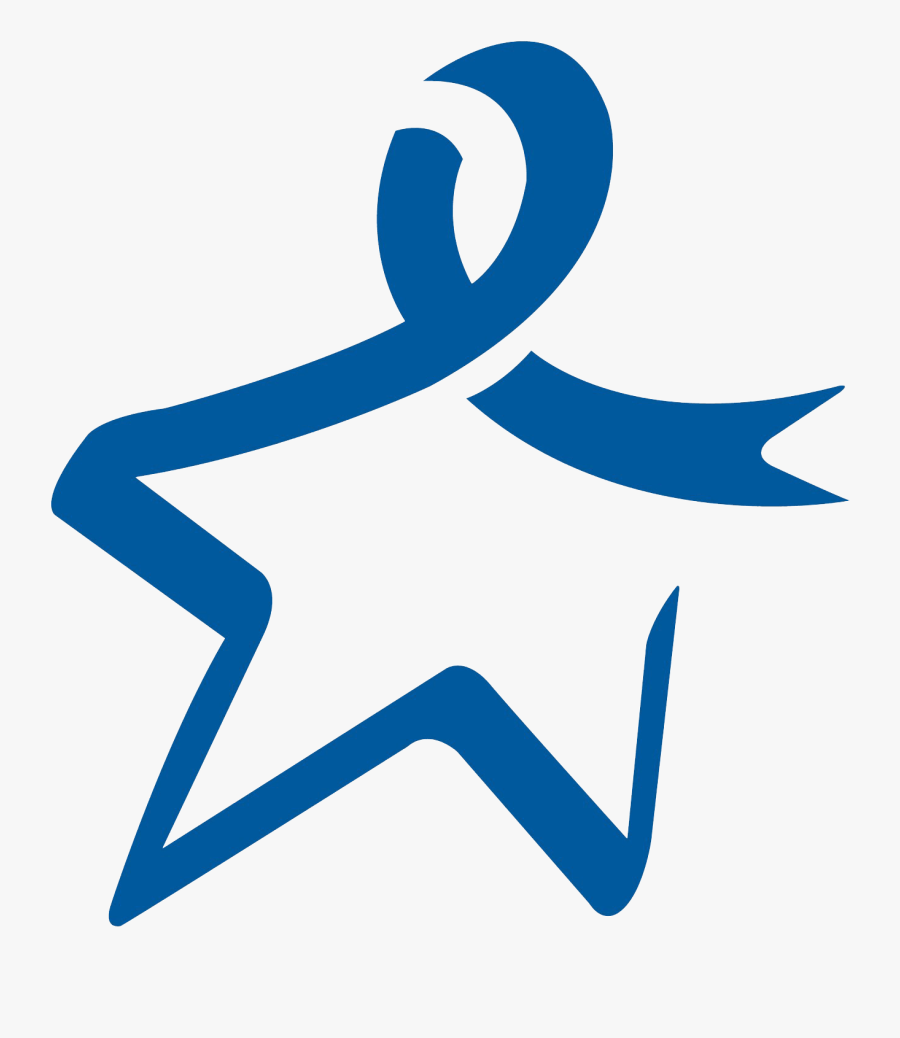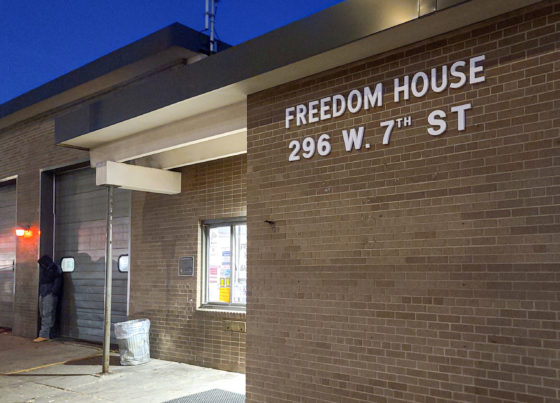Get your rear in gear this March
West End Healthline
Get your rear in gear this March
By Catherine Bledsoe, MD
As you prepare to pack up the snowblower and tune up the mower in anticipation of spring, consider adding checking in on your health maintenance to your to-do list. March is Colorectal Cancer Awareness Month, and, in the words of the Colon Cancer Coalition, is the perfect time to get your rear in gear.
Colorectal cancer is the third most common cancer and cause of cancer-related deaths in the U.S. This year over 151,000 Americans will be diagnosed and about 52,000 will die of colorectal cancer. While the death rate is decreasing, thanks to better treatments and earlier detection, the number of adults younger than 55 years old being diagnosed with colon cancer has been increasing for the last decade. In fact, one in five patients with colon cancer are between 20 and 54, and some research suggests people born in the 1990s actually have twice the risk of colon cancer than people born in the 1950s.
Family history of colon cancer or personally having inflammatory bowel disease such as Crohn’s disease or ulcerative colitis increase the risk of developing colon cancer. When looking at what we can control, stopping smoking, limiting your alcohol intake, maintaining a healthy weight and reducing the amount of red or processed meat you eat can all help reduce your risk. You can also take charge by getting screened for colon cancer.
The United States Preventative Services Task Force recommends anyone 45 years or older get screened for colon cancer. Most people have heard about colonoscopies, where doctors use a camera to examine the inside of the colon. While this method of screening requires the full bowel prep and cleanout, it’s the only one that allows doctors to see the whole colon and remove any suspicious tissue or polyps at the same time. Don’t worry, you don’t have to be awake for the procedure! Plus, if your colonoscopy is normal, you may not need another for 10 years. There are ways to get screened even if you don’t have insurance.
Doctors can also use a camera to view the lowest part of your colon with a sigmoidoscopy. They’ll be able to collect samples from any polyps they find, but they might not be able to remove them like they could in a colonoscopy. If the samples come back positive for signs of colon cancer, you may need a colonoscopy. However, if your screening is normal, you might not need another for five years.
Even though these are good tests, the inconvenience of the prep and intimate nature of the exams prevents a lot of people from being screened. Thankfully, there are other stool-based tests we can use. These tests can be done at home with kits from your health care provider. Both the fecal occult blood test (FOBT) and fecal immunochemical test (FIT) sense microscopic amounts of blood in your stool, which can be a sign of colon cancer. These are done each year and are usually inexpensive and covered by insurance. Other tests, like ColoGuard, are done every three years and can also identify abnormal DNA in your stool. These are usually covered by insurance but can be more expensive than FOBT or FIT if you’re uninsured. If any of these stool tests yield abnormal results, you likely would be recommended to have a colonoscopy.
Your primary care provider is a great resource for learning more about screening options, understanding next steps and deciding which screening is right for you. Ultimately, the best test is the one that gets it done. If you don’t have a provider yet, the team at Allina Health United Family Physicians would be happy to partner with you to get your rear, and the rest of your health, in gear.
Catherine is a family medicine physician at United Family Physicians, 233 Grand Ave, St. Paul. 651-241-5200.




